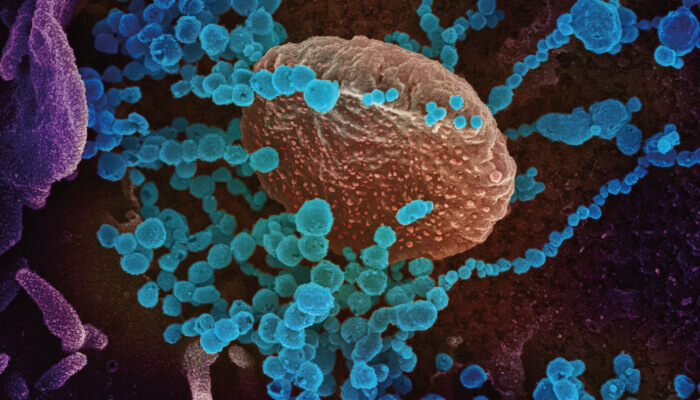As rapidly as the 2019 novel coronavirus (2019-nCoV) outbreak is growing, so too are the efforts to combat its spread using diagnostic technology. The newest player on the block? Molecular diagnostics, which aim to detect low levels of virus in the blood to yield faster, more effective infection detection. The creators of these new diagnostics hope that their tools will both assist with the development of new antiviral treatments and assess their effectiveness in individual patients, allowing earlier intervention and potentially slowing the global progress of the disease. We spoke to Irene Song, Global Product Manager at GenScript to learn more about these diagnostics.

The new virus has a longer incubation time than SARS and more closely resembles MERS – but it has less obvious symptoms than either previous virus, making diagnosis harder.
To use 2019-nCoV qRT-PCR detection as an example, the assay provides a method to detect the virus even at a very low level, leading to the possibility of detection at a very early stage. A one-step multiplex qRT-PCR assay typically takes one hour after RNA extraction and can test hundreds of samples per run, potentially speeding up diagnosis and helping to reduce the spread of disease.
Because the virus is highly contagious and can cause a variety of symptoms, identifying infected individuals not only helps to provide appropriate medical treatment, but also significantly decreases the potential for transmission. Researchers can also use molecular diagnostics to evaluate the efficacy of a treatment by quantitatively measuring virus levels.
The FDA reviews and approves many molecular diagnostics every year. Many of these diagnostics test how different biomarker mutations relate to treatment outcomes during the clinical trial stage. Such experimental data will provide guidance for healthcare professionals to select suitable treatment plans for 2019-nCoV and beyond.
Molecular diagnostics is triggering a healthcare evolution toward personalized medicine. More and more healthcare professionals use molecular diagnostics to select appropriate treatments for patients. The application of nucleic acid sequencing technologies (such as whole-exome sequencing, targeted sequencing, or single-cell sequencing) plays an extremely important role in studying chronic, metabolic, and genetic diseases, as well as in recognizing the pathologies of infectious diseases.
In recent years, genomic panels have been used widely in cancer companion diagnostics to help healthcare professionals determine whether a treatment is suitable for a particular patient based on their disease-related mutations. They can also reveal the genomic information of a novel pathogen to help develop rapid diagnostics or even preventive vaccines. In the future, personal and clinical genomics will play a major role in assessing people’s health risks, ancestry, and treatment plans based on both disease-related mutations and patients’ genetic backgrounds.
The combination of vast genetic information and other healthcare data may help to predict the most suitable health plan for each patient – quite different from our current evidence-based practice. This shift could be the most strongly felt near-future benefit of molecular diagnostics.




